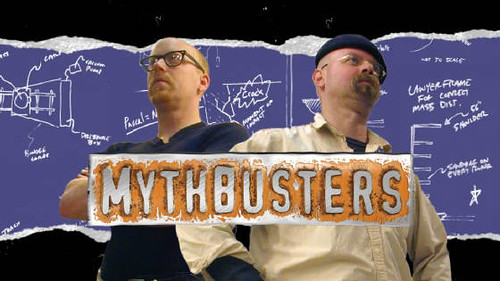Does this blog do more harm than good?
.Maybe.
Via 50 Great Myths of Popular Psychology: Shattering Widespread Misconceptions about Human Behavior:
Debunking myths comes with its share of risks (Chew, 2004; Landau & Bavaria, 2003). Psychologist Norbert Schwarz and his colleagues (Schwarz, Sanna, Skurnik, & Yoon, 2007; Skurnik, Yoon, Park, & Schwarz, 2005) showed that correcting a misconception, such as “The side effects of a flu vaccine are often worse than the flu itself,” can sometimes backfire by leading people to be more likely to believe this misconception later. That’s because people often remember the statement itself but not its “negation tag”—that is, the little yellow sticky note in our heads that says “that claim is wrong.”
Or maybe not:
Schwarz’s work reminds us that merely memorizing a list of misconceptions isn’t enough: It’s crucial to understand the reasons underlying each misconception. His work also suggests that it’s essential for us to understand not merely what’s false, but also what’s true. Linking up a misconception with the truth is the best means of debunking that misconception (Schwarz et al., 2007).
Join 25K+ readers. Get a free weekly update via email here.
Digests of posts:





